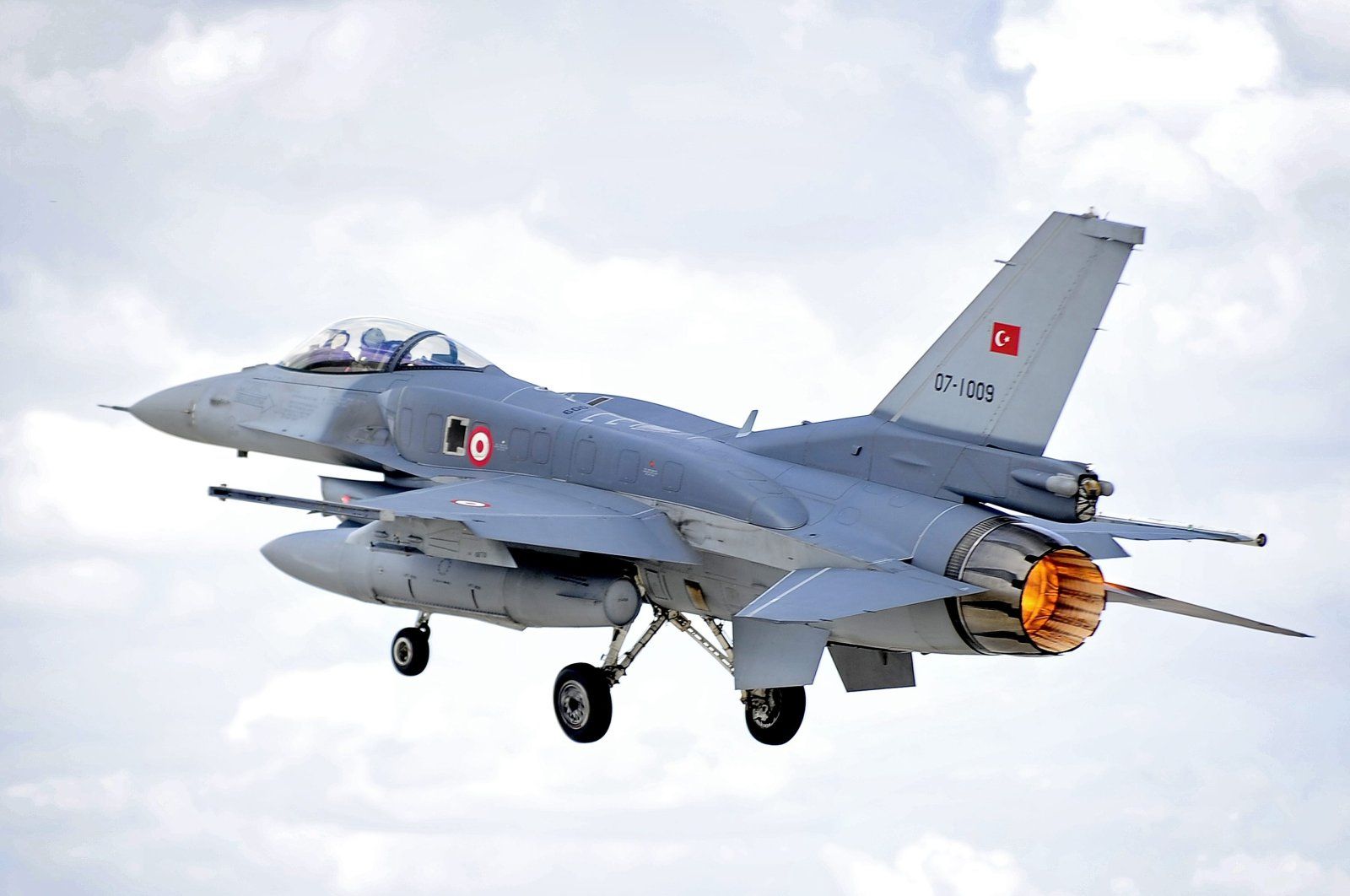The Hellenic Greek Air Force tried to intercept Turkish fighter jets during a NATO exercise over the Aegean Sea, with Turkey giving an appropriate response, the Turkish Defense Ministry said on Tuesday.
The incident took place on Monday during the NATO Nexus Ace training mission.
“The Greek Air Force once again tried to intercept Turkish F-16 fighter jets over the Aegean Sea but received an appropriate response. They tried to intercept the Turkish F-16 that had taken off from five Turkish air bases.
Despite all efforts of the Greek party, the Turkish pilots continued their flight and successfully completed all tasks,” the ministry said in a statement.
As many as 14 F-16 jets took part in the exercise, and all of Turkey’s NATO allies had been notified of the mission 24 hours prior to its start, the defense ministry added.
Earlier, Turkish President Recep Tayyip Erdogan said that Greece challenged NATO by using the S-300 air defense system to target Turkish military aircraft.
CNN Turk broadcaster had reported, citing sources in the Turkish defense ministry, that Greece had deployed an S-300 air defense system to track the F-16 fighters of the Turkish air forces performing a reconnaissance mission 10,000 feet west of Rhodes Island on August 23.
Turkish media reported that “despite these hostile actions, the planes fulfilled their planned tasks and safely returned to their bases.”
The Greek Defense Ministry categorically denied Turkey’s claims that Athens deployed its S-300 system in Crete against Turkey’s F-16s, describing the statements as “myths” aimed at creating a hostile attitude towards Greece.

“Greece has challenged NATO and allies by escalating its hostile behavior, which started by harassing our airspace and aircraft, to the level of engaging the S-300s. Greece is neither our political, economic, nor military partner and interlocutor,” Erdogan was quoted by the Turkish news portal haberler.com.
The president added that just like a century ago, Turkey knows the “true intentions of those who are trying to waste the country’s time and energy using Greece today.”
Greek government spokesman Ioannis Oikonomou responded by saying that Turkey has been distorting reality and spreading false facts when accusing Greece of targeting its military aviation.
The official added that Greece has always respected its obligations within NATO and has always complied with international treaties and laws, remaining a factor of stability and peace in both the Aegean and the Mediterranean.
Tensions further escalated on September 3, when Turkish President Recep Tayyip Erdogan warned that Greece would pay a “heavy price” if incidents with Turkish planes continued.
In October, Ankara tested a domestically produced short-range ballistic missile over the Black Sea. Erdogan called the test launch a signal, though without specifying to whom it was addressed.
The relations between Athens and Ankara have been complicated for decades. The Greek-Turk dispute includes competing territorial claims in the eastern Mediterranean, in particular in the region of the Aegean Sea, the Greek-Turkish divide in Cyprus, and the delimitation of maritime boundaries.
Turkey has repeatedly accused Greece of deploying weapons on the Aegean Islands in violation of the 1923 Lausanne Treaty.
The countries were on the verge of an armed conflict three times in the summer of 2020. Greece had to mobilize its armed forces after Turkey launched a seismic survey in the Eastern Mediterranean, an area Athens calls its exclusive economic zone.
In October, German Chancellor Olaf Scholz told Greek newspaper Ta Nea on Thursday that Turkey’s territorial claims against Greece are “unacceptable,” while also urging both countries to resolve disputes in a peaceful way through dialogue.
“It is unacceptable for one NATO partner to challenge the sovereignty of another. This also applies to more or less veiled military threats,” Scholz told the media outlet during his visit to Athens.
According to the German leader, good neighborly relations between Ankara and Athens are important not only for the two countries but for the whole of Europe, especially given the huge economic potential of the eastern Mediterranean region.
At the same time, Berlin believes that all open-ended questions related to the bilateral relationship must be resolved through dialogue and on the basis of international law, Scholz said, adding that Germany was ready to contribute to the peace process, according to the newspaper.
- Via Sputnik News Agency
- Mail: Nytten (at) gmail.com
- Follow EurAsian Times on Google News